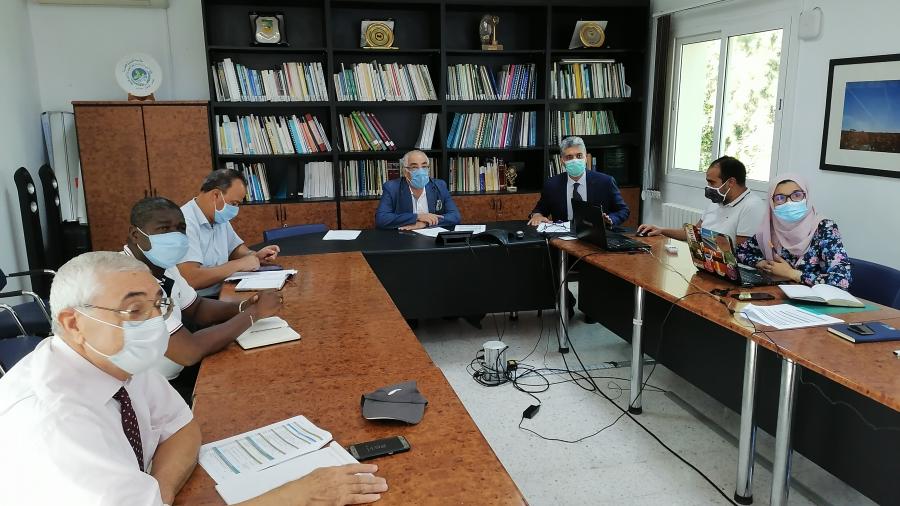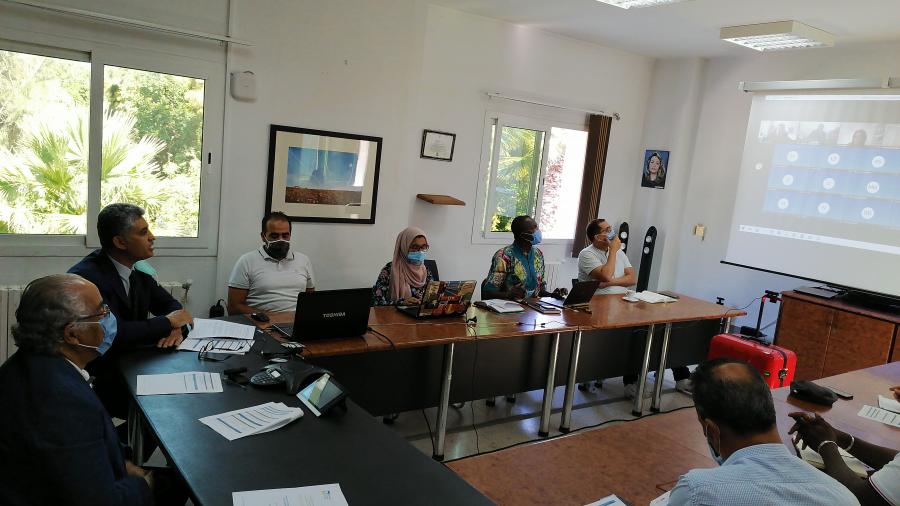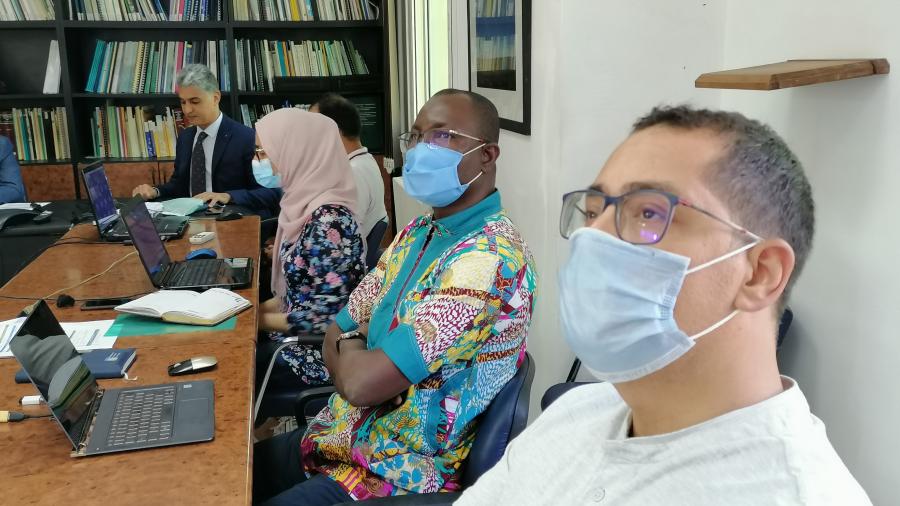The Sahara and Sahel Observatory - OSS is organizing a training workshop on Ecosystem Natural Capital Accounting (ENCA) on its virtual platform, on October 6-9, 2020.
Despite the COVID 19 pandemic related difficulties, all focal points as well as representatives of the different partner institutions of the project (Burkina Faso, Guinea, Morocco, Niger, Senegal and Tunisia) have responded positively to this call since this morning.
The opening session of this 4-day workshop was provided by Mr Khatim Kherraz, Executive Secretary of the OSS and Mr Hedi Chebli, representative of Tunisia.
The purpose of the training is to reinforce the capacities of experts from the Project Management Unit and focal points in the main approaches to compiling biophysical accounts and setting up geospatial data infrastructure.
The expected outcomes at the end of this workshop are presented as follows:
- Better explain the ENCA concept;
- Present and discuss the accounting framework and data input models to operate the accounts;
- Present the approaches related to the operationalization of accounting systems and the establishment of the geospatial platform;
- Discuss the roadmap detailing the main actions to be carried out when developing the first biophysical accounts.
The COPERNICEA pilot project that is funded by the French Development Agency (AFD) aims to establish a national and regional network for sharing and exchanging information and data useful and necessary for Ecosystem Natural Capital Accounting - ENCA. The entities holding or producing information and data will have to share them and provide better accessibility for a wide variety of users. These data will be aligned and made available in integration formats into ecosystem accounts. It aims to contribute to significantly meet the sustainable development challenges in line with the 2011-2020 strategic plan of the Convention on Biological Diversity (CBD) and the 2030 sustainable development agenda, in particular through targets 15.9, 15.3 and 17.19 of the Sustainable Development Goals (SDGs).





